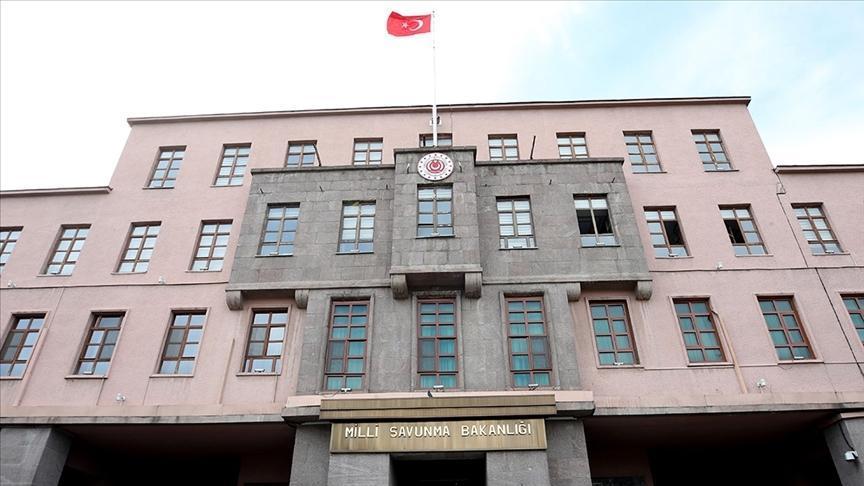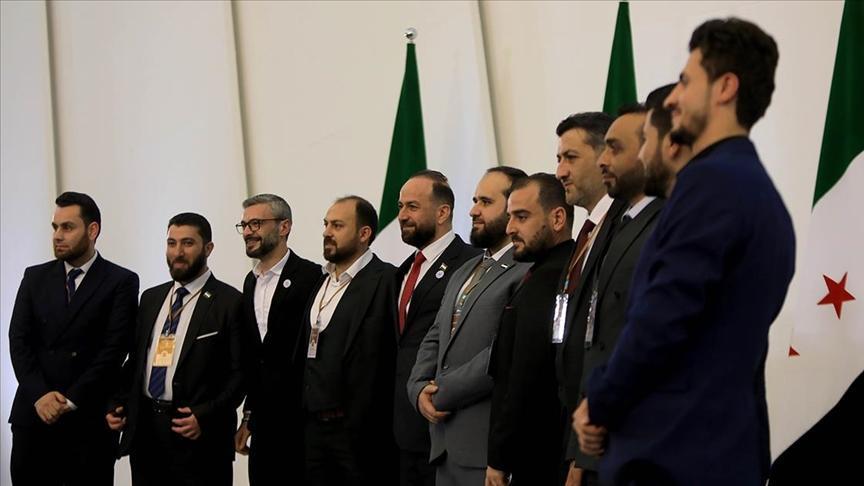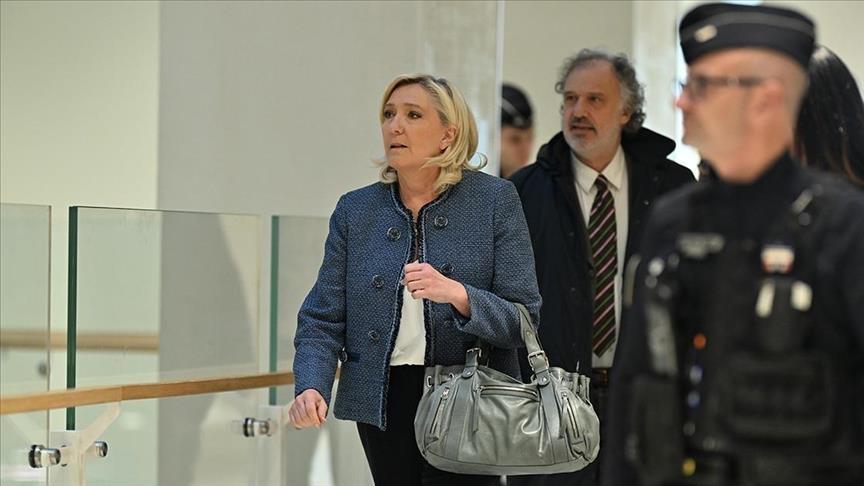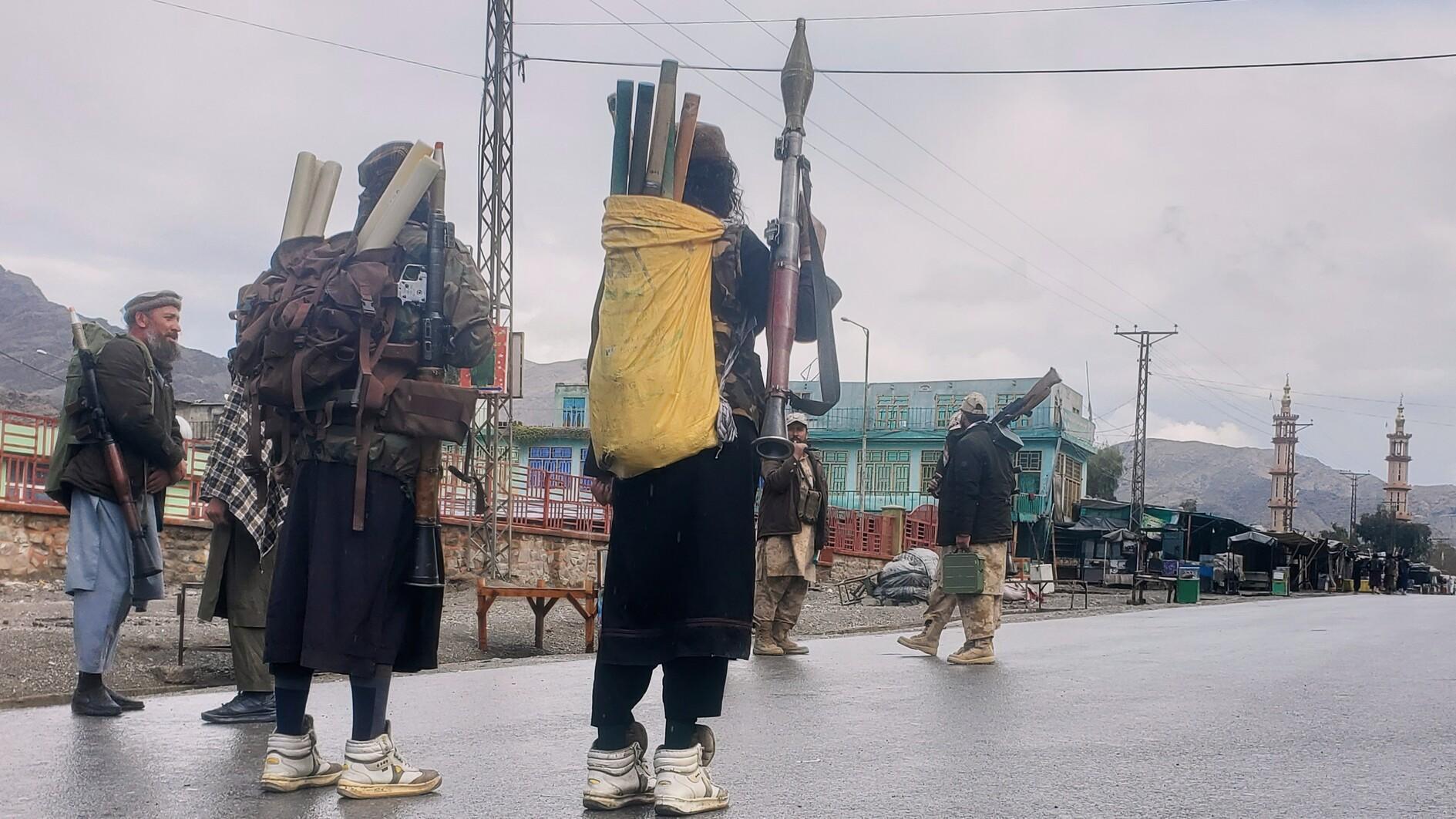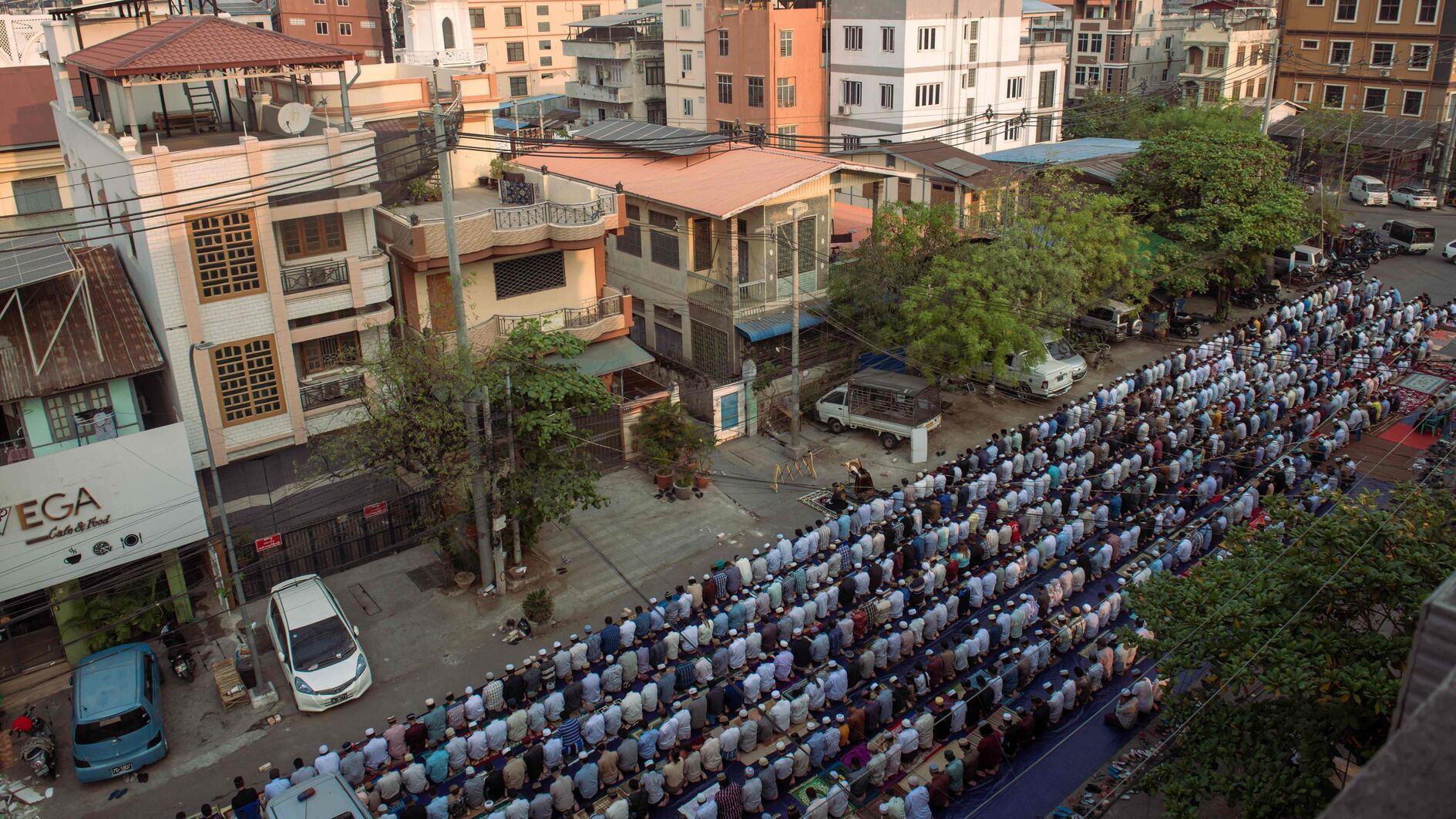Hate crime rears its ugly head again in Greece
Thessaloniki Mayor Yiannis Boutaris was savagely attacked by the fanatic supporters of the Greek far-right Golden Dawn on May 19, 2018 during the commemoration of the “Pontic Greek Genocide” in Thessaloniki. The international press incisively covered this reprehensible incident and in their reporting, mainly drew attention to the age and liberal political views of Boutaris.
For instance, while the New York Times reported that “the 75-year-old mayor of Greece’s second largest city was brutally assaulted by a far-right mob at a public gathering” and introduced him as being “known for his liberalism and outspoken views against far-right violence and racism,” the Guardian praised the mayor as “one of Greece’s most prominent liberal voices.”
In spite of the fact that Greek Prime Minister Alexis Tsipras condemned the attack as “barbaric,” far-right groups applauded the attack. For example, according to a New York Times report, the daughter of the leader of Golden Dawn wrote the following on her Twitter account: “Bravo to each and every one who carried out the duty in Thessaloniki today. Respect.”
Interestingly, the Greek Genocide Resource Center, an influential Greek NGO that describes its purpose as “raising awareness on the Greek genocide,” also criticized the incident by stating on their Facebook page that “a violent and public lynching is not what anyone expects in a civilized society.” The said NGO also sharply criticized the Pontic Greeks and accused them of “disassociating themselves from all other Greeks during the mid-80s” and changing “the histography of the genocide.” The NGO also claimed that “the violence appears to be a result of a short video, which circulated on social media in which Boutaris praised the founder of modern Turkey Mustafa Kemal [Atatürk].”
As was stated in a report by the Center For Eurasian Studies (AVİM) last year titled “The Pontus Narrative and Hate Speech,” during the late 1980s and early 90s, “a new genocide story called the ‘Genocide of the Greeks of Asia Minor and the Pontus’ was invented and started being circulated in Greece and among the Greek diaspora.” Per these claims and accusations, “Greeks of Asia Minor and specifically the Pontic Greeks were among the indigenous Christians of the then Ottoman Empire who lost their lives through massacres, deportations, compulsory labor, or flight under extreme weather conditions under the nationalistic aspirations of the Turkish government at the time to rid Turkey of its Christian population.”
In this framework, the expression referring to “Asia Minor and the Pontus” in time boiled down to the “Pontic Genocide.” The AVİM report further elaborates that “pressures from Pontian lobbies were instrumental in having the Greek government pass a motion on Feb. 24, 1994 that May 19 be a day of commemoration” for the claims of the “Pontian Genocide.”
The issue was introduced to the Greek political agenda in 1992 by then main opposition leader Andreas Papandreou. He proposed May 19 as the commemoration day for the “Pontic Greek Genocide.” When he became the prime minister, he brought his proposal to the Greek Parliament and the parliament adopted a law declaring May 19 as a day of remembrance for the “Pontic Greek Genocide.”
After the adoption of this law, Pontic associations further extended the scope of their lobbying activity, promoting their diasporic project of getting the “Pontic Genocide” recognized. It should be underlined that out of these fabricated stories and unsubstantiated allegations, a language of hate-speech was developed over the years against both Turks and the Republic of Turkey.
The above-mentioned attack on the Thessaloniki mayor took place during such a commemoration. This attack shows us the xenophobia, racist behavior, and hate speech propagated by the Pontic Greeks and Greek far-right group has turned into a hate crime against one of their own fellow countrymen this time.
*Teoman Ertuğrul Tulun is an analyst at the Center for Eurasian Studies (AVİM).



